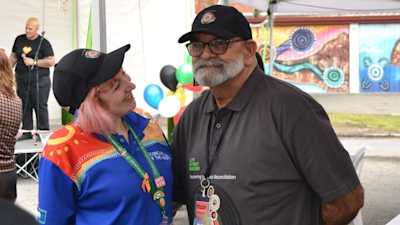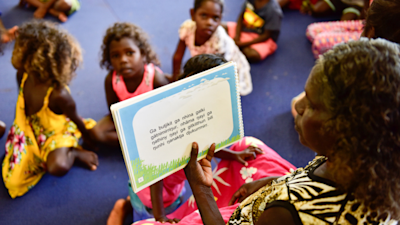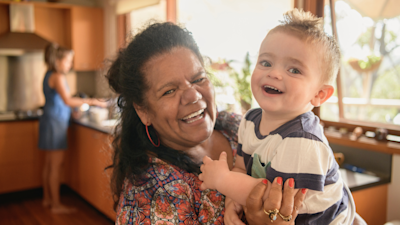Life Without Barriers affirms our commitment to the Yes campaign for the upcoming referendum on the First Nations Voice to be enshrined in the Australian Constitution.
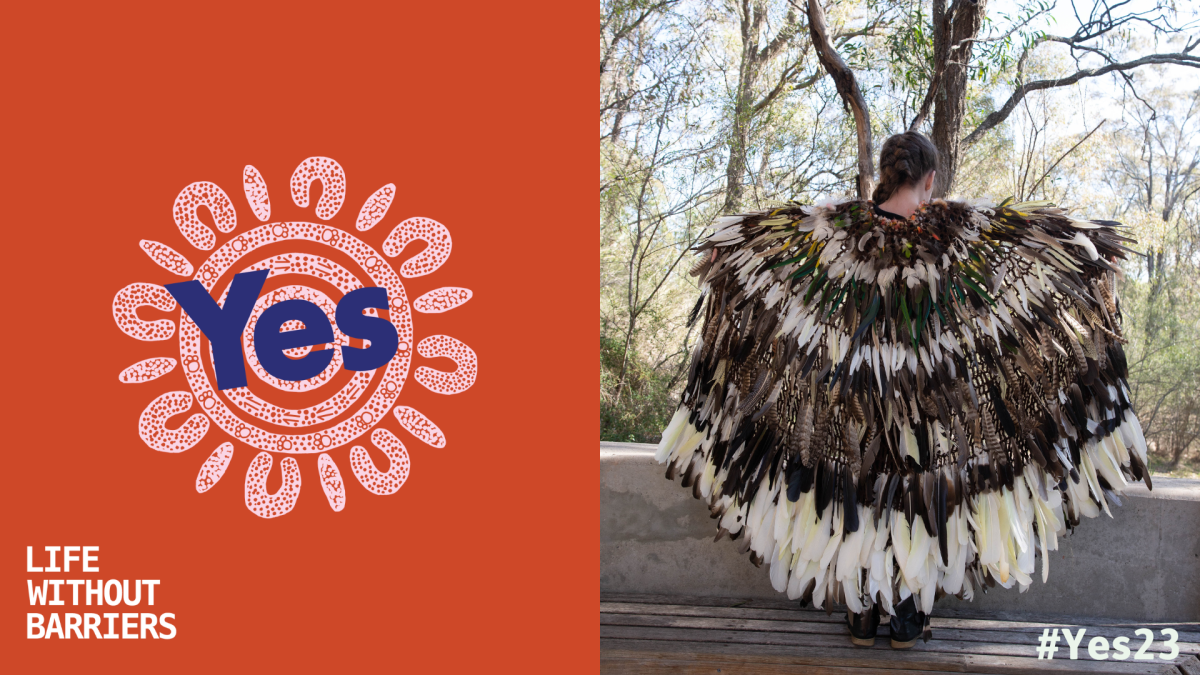
Image: Yes campaign logo on an ochre background. Girl standing with a feather cloak on the right. Life Without Barriers - logo, bottom left.
Life Without Barriers is publically stating our support of the 'Yes! Campaign' for a Voice to Parliament as a member of the YES Alliance.
Establishing a First Nations Voice to Parliament commits our nation to recognising Aboriginal and Torres Strait Islander peoples, and committing to formal consultation on matters that directly affect them.
The pathway to a national referendum is gaining momentum following Prime Minister Anthony Albanese’s announcement at the Garma Festival in July 2022. Since then, more and more Australians have put their hand up in support of First Nations peoples’ right to have a say in matters that affect them.
The journey towards the referendum is an opportunity for truth-telling and a chance to learn how the Voice to Parliament will strengthen our society and what it can mean for the whole country.
Life Without Barriers supports a referendum to change the constitution. We believe that much positive change and greater advancement towards Reconciliation and self-determination will be possible if this important step is taken to enshrine recognition of Aboriginal and Torres Strait Islander people in the Constitution.
Read our Statement in Support of a Voice to Parliament here.
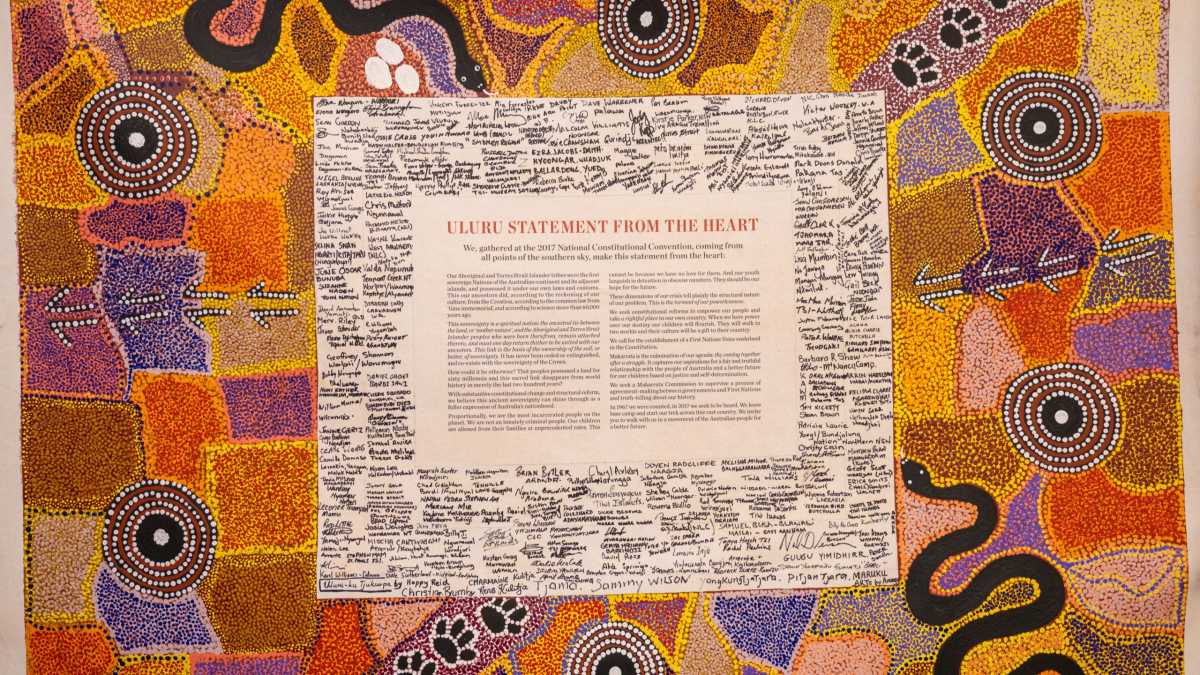
Image: The Uluru Statement from the Heart surrounded by signatures and Aboriginal and Torres Strait Islander art work.
What is the Uluru Statement from the Heart?
The Uluru Statement from the Heart is a powerful national consensus of Aboriginal and Torres Strait Islander peoples on a proposal for substantive recognition in Australia’s history. The convention was held on the land of the Anangu people at Uluru in 2017. The statement was addressed to all the people of Australia, encouraging us to come together and call for the establishment of a ‘First Nations Voice’ to be codified and enshrined in the Australian Constitution.
Uluru Statement from the Heart have put together an educational FAQ here about the referendum.
Life Without Barriers supports the Uluru Statement from the Heart. We believe this represents a powerful and unique opportunity for all Australians to come together to support a better future.
The Aboriginal and Torres Strait Islander Voice to Parliament referendum
In 2023 or 2024, Australians will be completing a referendum about including an Aboriginal and Torres Strait Islander Voice to Parliament in the Australian Constitution.
What will the referendum ask?
The proposed changes have not been finalised. It has been indicated, however, that the suggested change to the Constitution is to include an Aboriginal and Torres Strait Islander Voice that has the power to make representations to the government on behalf of Aboriginal and Torres Strait Islander peoples, with politicians retaining the power to define how this voice functions.
The draft question from Prime Minister Anthony Albanese has been reported as:
“Do you support an alteration to the Constitution that establishes an Aboriginal and Torres Strait Islander Voice?”
Why is this important?
The primary source of law in Australia is the Constitution, and it does not yet recognise Aboriginal and Torres Strait Islander peoples as the first people of our country.
According to Reconciliation Australia, a Voice to Parliament will give Indigenous communities a route to help inform policy and legal decisions that impact their lives. Giving people a say will lead to more effective results.
Embedding a Voice in the Constitution would recognise the special place of Aboriginal and Torres Strait Islander people in Australia’s history, but importantly would also mean that it can’t be shut down by successive Governments.
That is why in 2017, The Uluru Statement from the Heart was signed by over 250 Aboriginal and Torres Strait Islander delegates encouraging all Australians to come together to create a better future and establish an Aboriginal and Torres Strait Islander Voice to be codified and enshrined in the Australian Constitution.
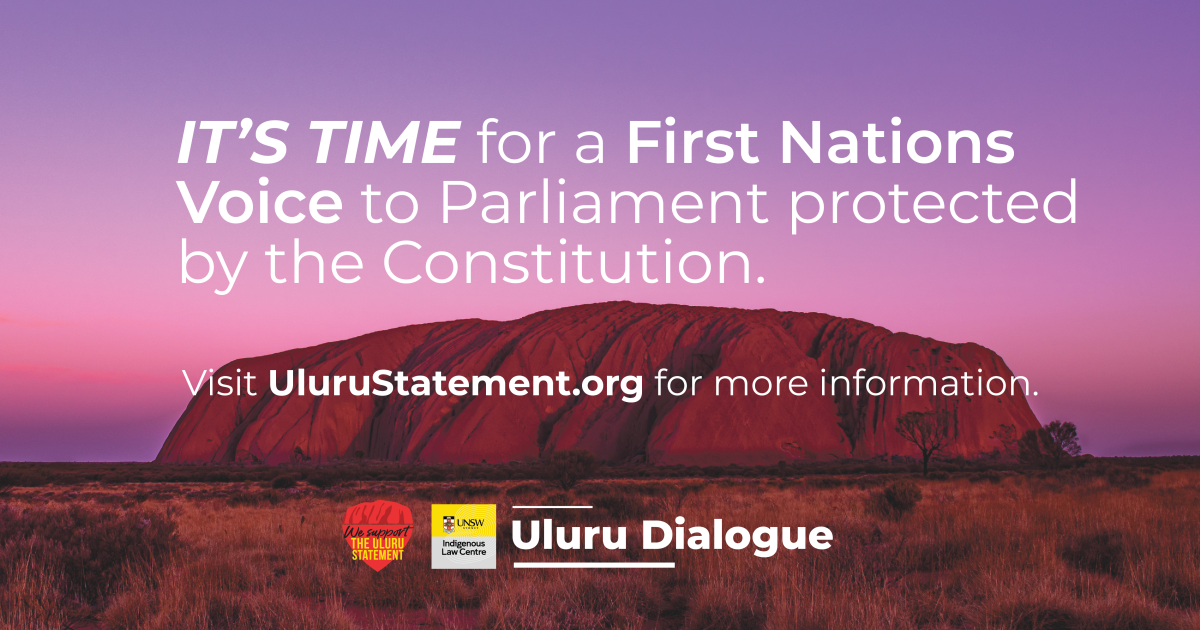
The referendum seeks to achieve this, and if successful, Aboriginal and Torres Strait Islander people would be recognised in the Constitution, and they will have a voice in decisions that impact Aboriginal and Torres Strait Islander communities.
As Prime Minister Anthony Albanese said in his speech at Garma, “When a government listens to people with experience, with earned knowledge of kinship and Country and culture and community…then the policies and programs are always more effective.”
You can read Prime Minister Anthony Albanese’s full speech here.
This is a powerful and unique opportunity for all Australians to come together to support a better future for the nation.
What is a referendum?
In Australia, when there is a proposed change to the Constitution, there must be a referendum to approve the change. A referendum is when the Australian people vote to decide whether the change will be made. The constitution is considered the foundation of all law in Australia and explains how Australia is governed.
How does it work?
When a change is proposed, and before a referendum can be held, a bill explaining the proposed changes to the Constitution must be passed by Parliament.
Once the bill has been passed by both houses of the Federal Parliament or passed twice in either the House of Representatives or the Senate, the referendum must be held no sooner than two months or no later than six months.
Voting in a referendum is compulsory and will be scheduled on a Saturday, like an election. Information booklets are provided to voters by the Australian Electoral Commission to ensure all voters are well-informed on the proposed changes. The booklets will include the proposed changes and cases for 'yes' and 'no' provided by Parliament.
On the day, you will receive a ballot paper listing the proposed changes to the Constitution at a polling place. You will indicate your vote, either 'yes' or 'no', next to each proposed change.
If a majority of voters across Australia and a majority of voters in a majority of states vote yes, the referendum is passed, and a change is made to the Constitution.
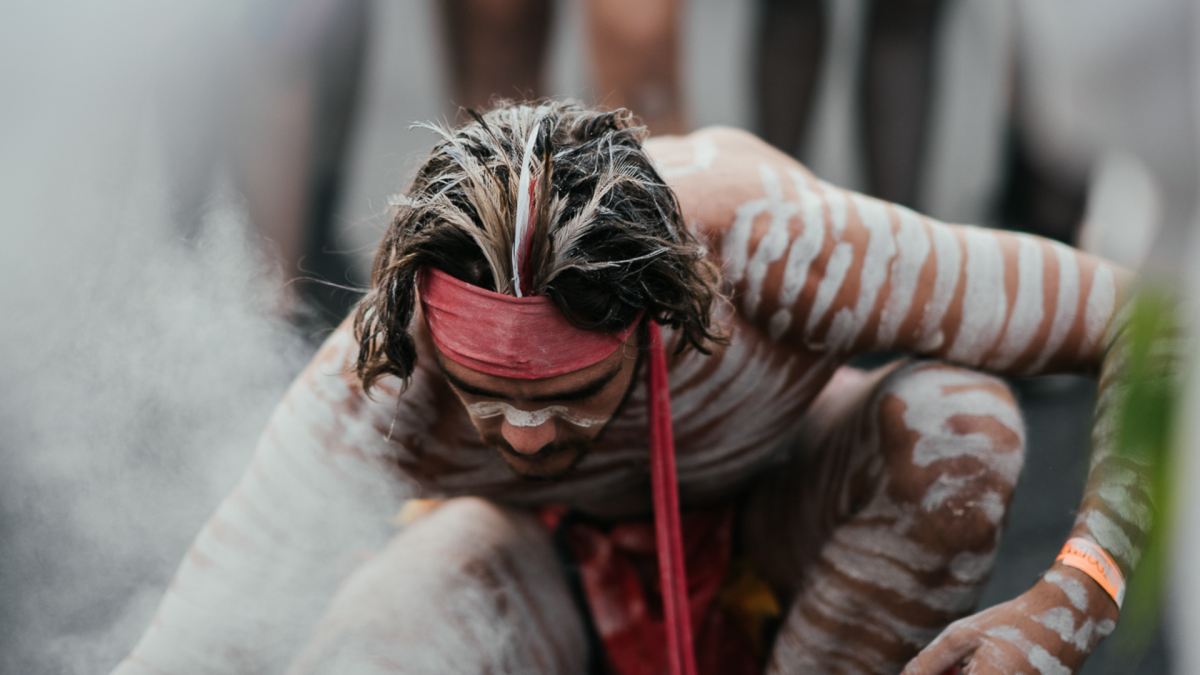
What actions can you take?
Have conversations within your community about the Voice.
This booklet prepared by From The Heart, as well as FAQs and other educational resources can support you in guiding conversations around the Voice to Parliament.
Attend a Voice event during the week of action.
The Uluru Dialogue are launching their Start a Yarn initiative in which people can join in active listening and reflection on the Uluru Statement and Voice to Parliament. Find out more and book in for a yarn here.
Sign up as a volunteer or supporter and encourage others to sign up too.
Sign up to volunteer with From The Heart or become a host for the Together, Yes movement to support campaigning efforts.
Share your support on social media.
Share photos and videos of your Week of Action in support of recognising Aboriginal and Torres Strait Islander people in the constitution through a Voice. Use hashtags and update your profile pictures and email signatures using assets from From The Heart and the Uluru Dialogue to make your support visible.
We encourage you to learn more about the Voice to Parliament by visiting:

Image: Yes logo on the right in purple, black and white photo of a man holding his fist to his heart on the right.
